Brussels sprouts are packed with antioxidants, fiber, vitamin C and more. They’re also low in calories, at only 75 per cup. Here are five reasons to incorporate Brussels sprouts into your regular diet.
Rich in Antioxidants Antioxidants in Brussels sprouts protect cells from damage that could cause cancer and heart disease. Brussels sprouts contain more than 70mg of vitamin C, which helps repair and grow bones, teeth, skin and cartilage.
Reduces Inflammation Brussels sprouts are tied to a reduced risk of chronic diseases, including heart disease and cancer, because they contain phytonutrients, a plant nutrient that lowers inflammation and reduces cancer risk. Their anti-inflammatory compounds protect cells from DNA damage.
Lessens Diabetes Risk Brussels sprouts use their antioxidant power to protect against cancer and heart disease, as well as diabetes. An increased intake of cruciferous vegetables leads to a decreased risk of diabetes.
High in Fiber The fiber in Brussels sprouts—more than 3g per cup—helps regulate blood sugar levels, support digestive health and feed beneficial gut bacteria. Gut bacteria are tied to positive mood, immunity and anti-inflammation.
Full of Vitamin K One cup of Brussels sprouts contains 177 micrograms of vitamin K. In addition to helping clot blood, vitamin K plays a role in bone health and may help protect against bone loss. The recommended daily intake of vitamin K for adults is 90 to 120 micrograms.
Make Tasty Brussels Sprouts at Home
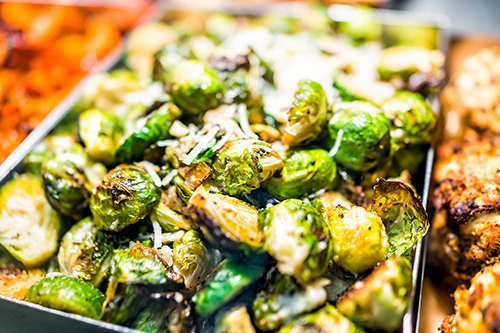
Slice or quarter and lightly toss Brussels sprouts in extra virgin olive oil, avocado oil, sea salt and black pepper. Roast in the oven for 30 to 40 minutes at 400°F until the outer leaves are golden and slightly crisp.
Brussels sprouts can also be shaved and added to garden salads or skewered whole and grilled.
Use sautéed, shaved Brussels sprouts as a bed for lean protein, such as salmon or lentils, or add them to omelets, stir fry and soups.

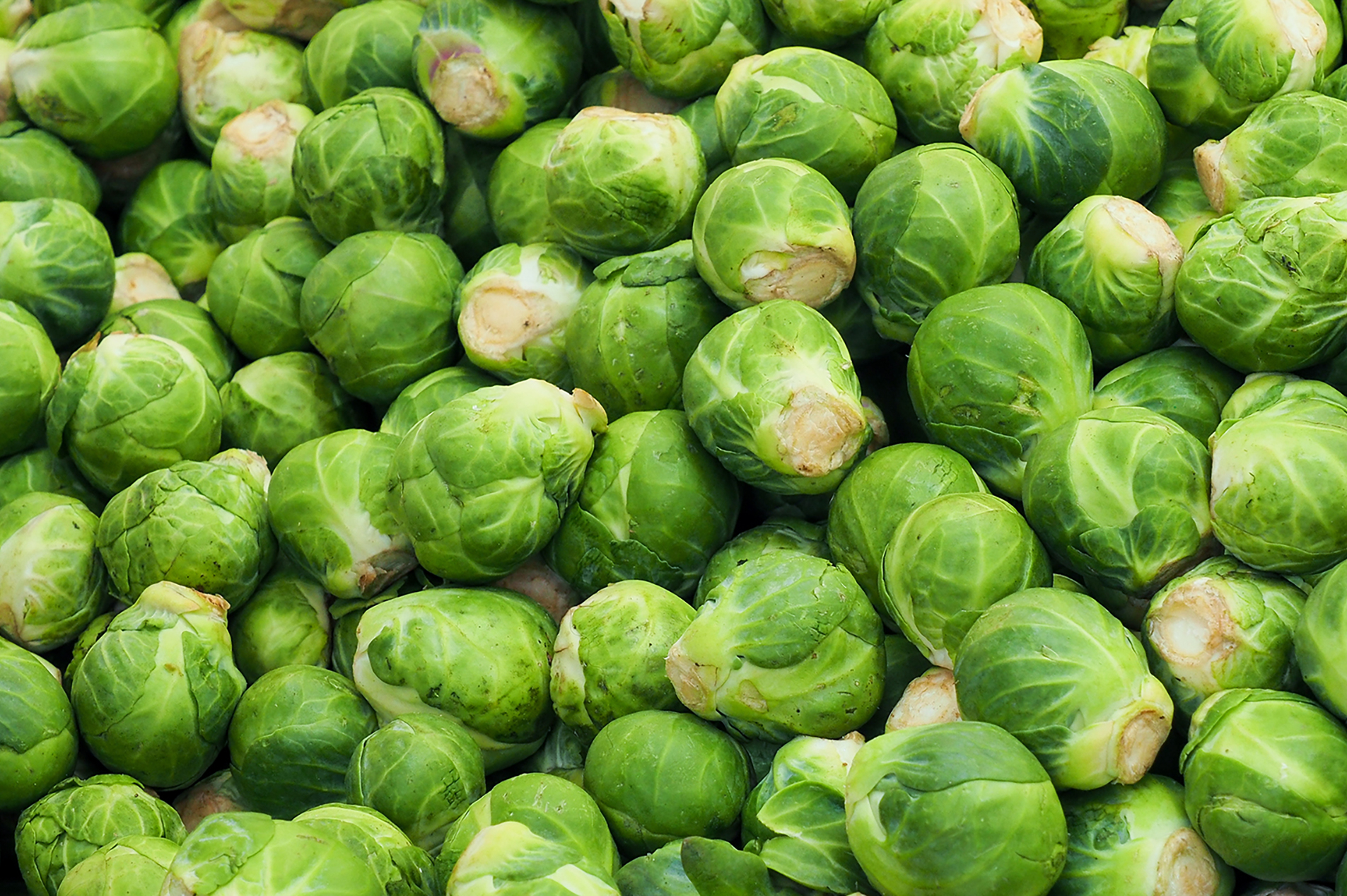
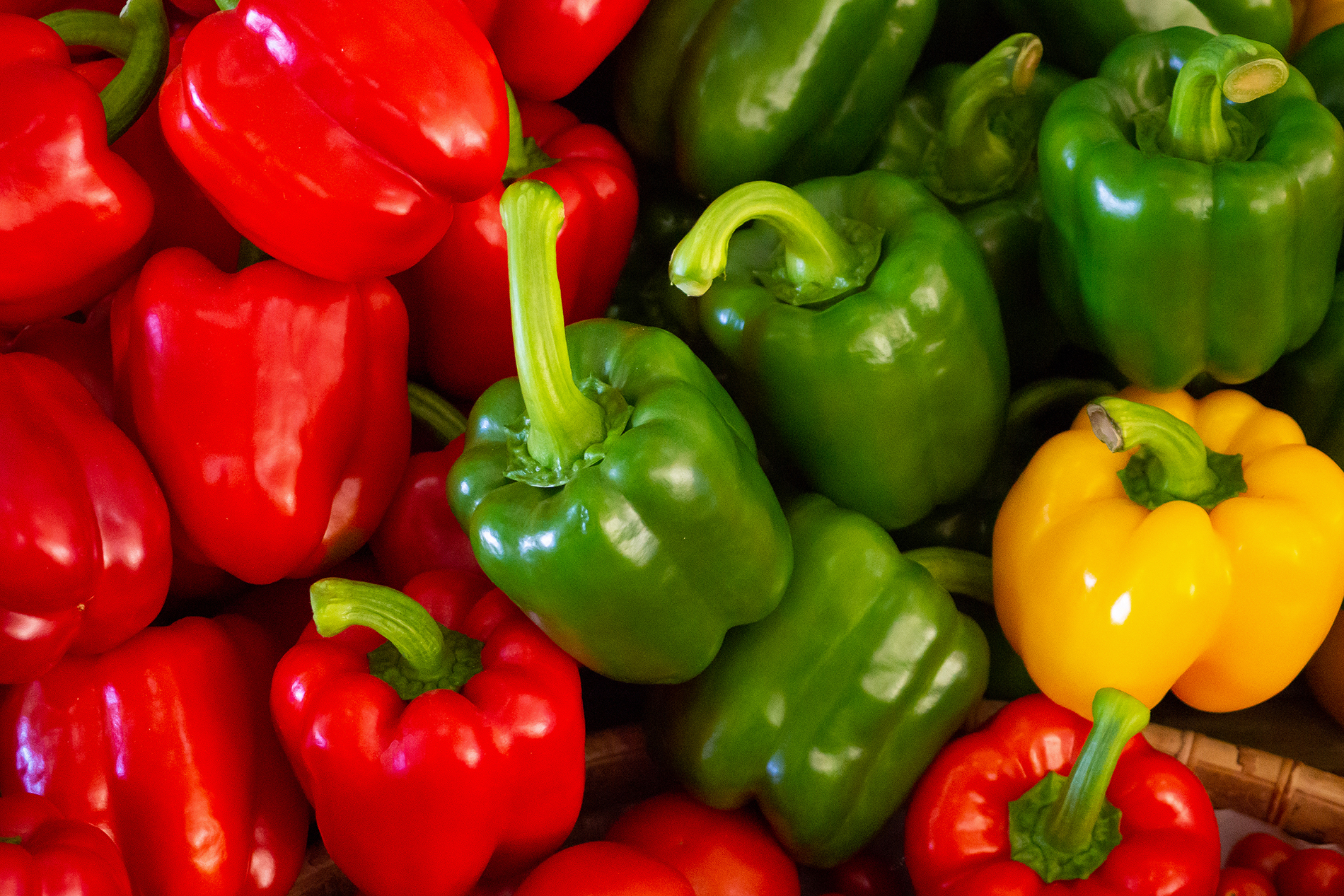
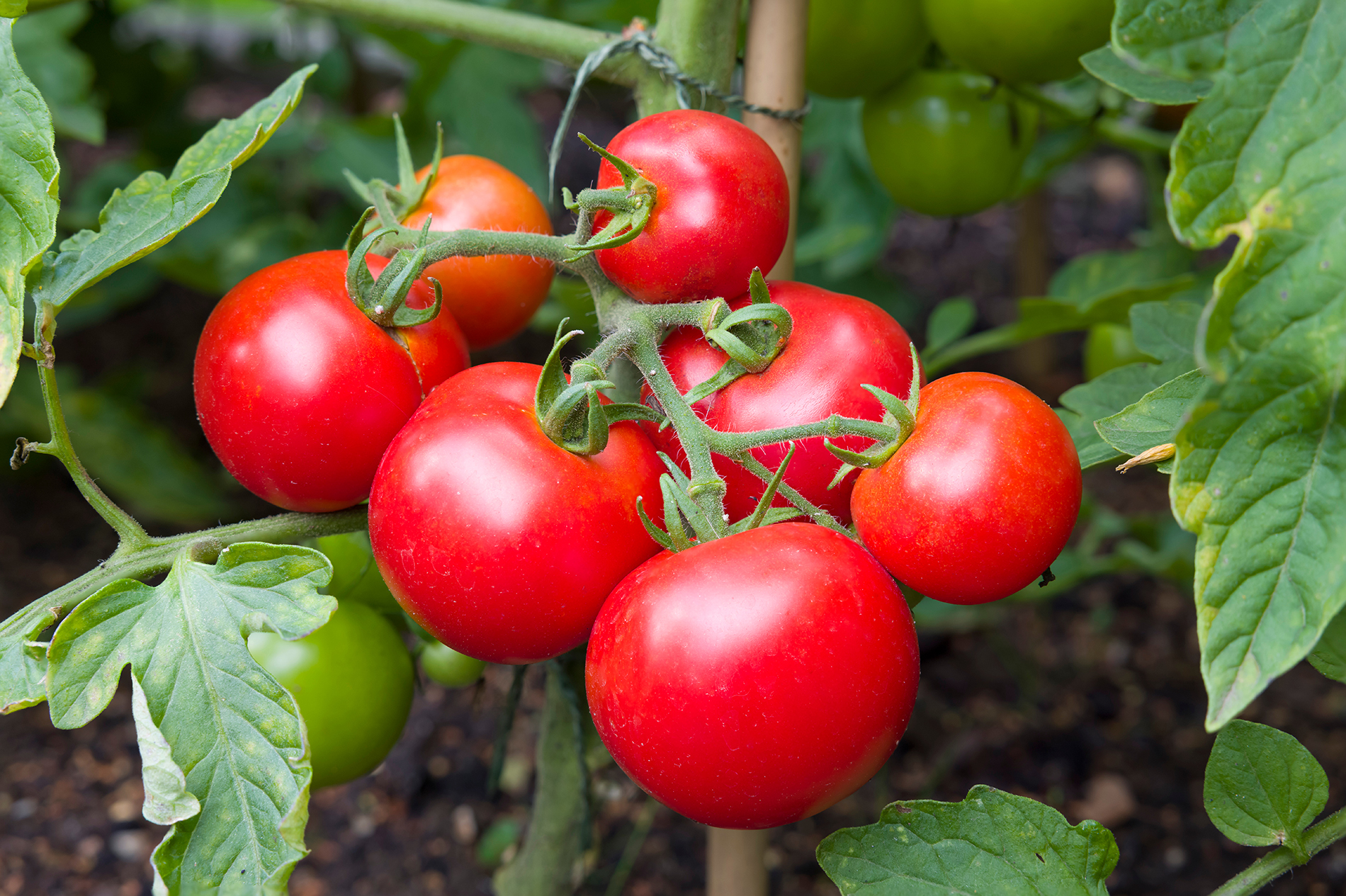
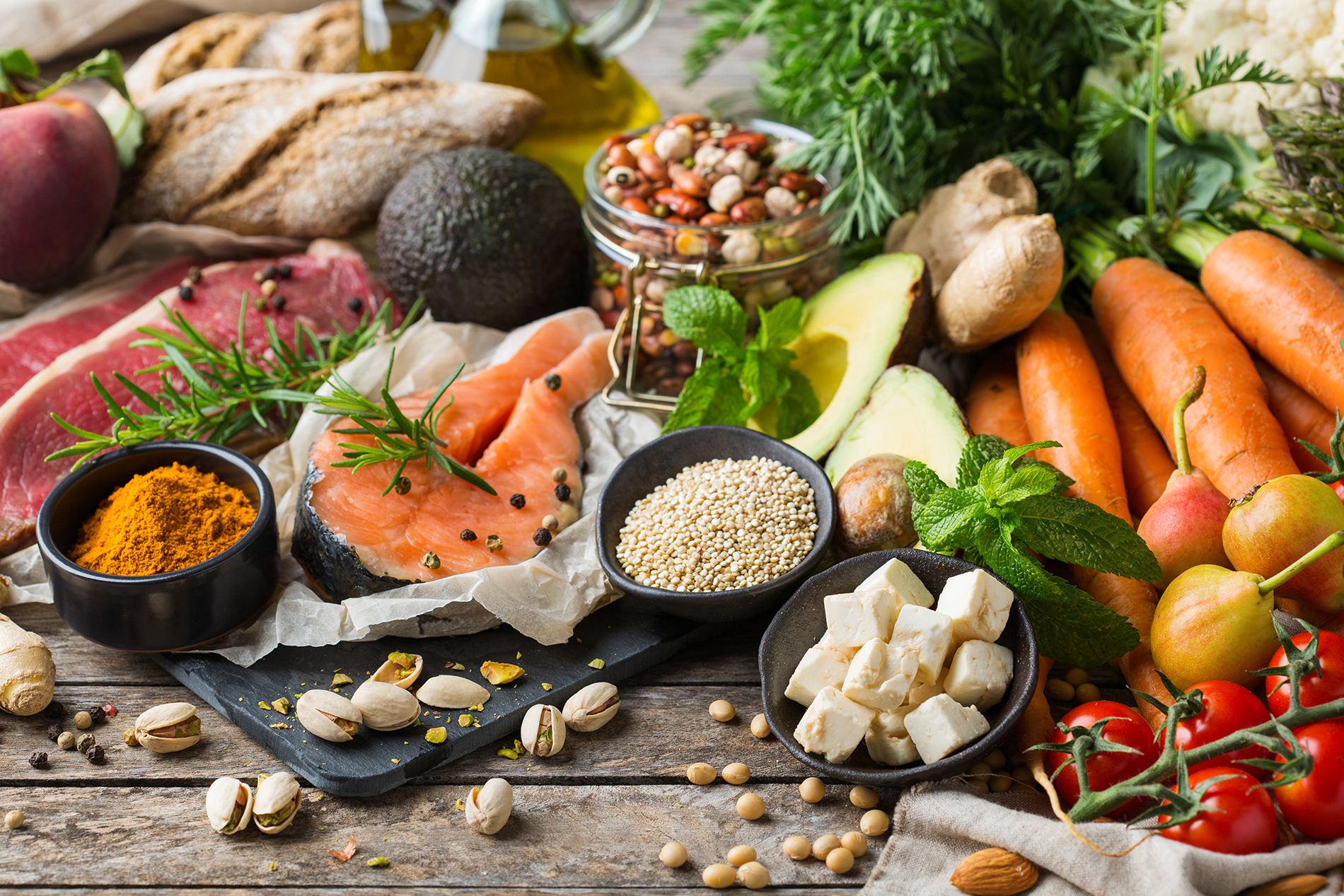

Leave a comment